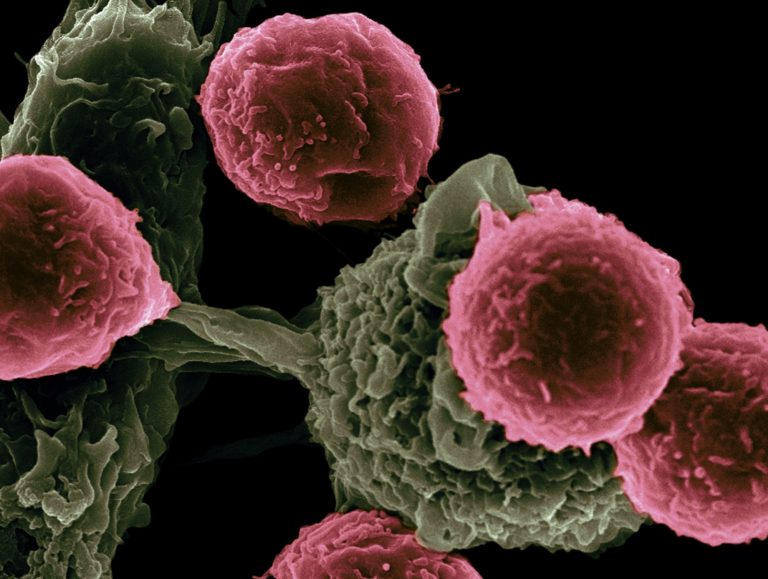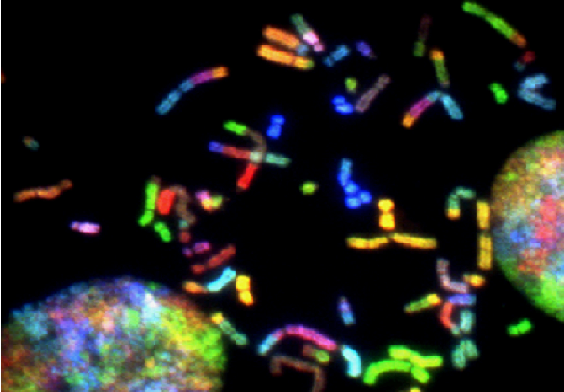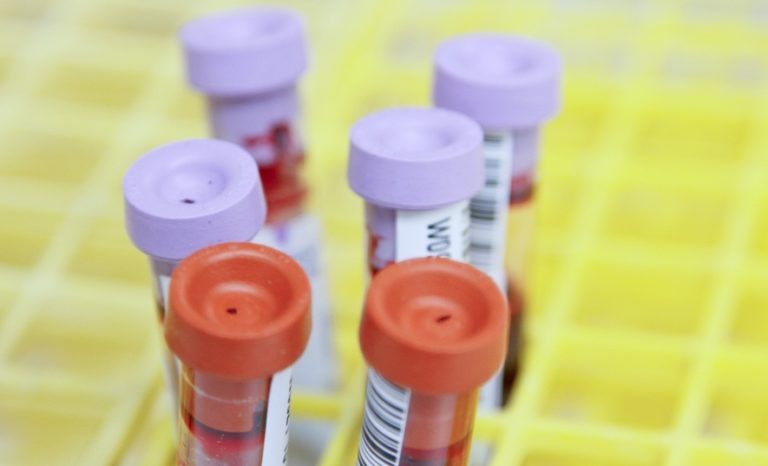December 28, 2021: “The U.S. Food and Drug Administration announced the following actions taken in its ongoing response effort to the COVID-19 pandemic:
- On Monday, the U.S. District Court for the District of New Jersey entered a consent decree of permanent injunction that prohibits a New Jersey-based company from receiving or distributing any drugs until the company complies with the Federal Food, Drug, and Cosmetic Act (FD&C Act) and other requirements.
The complaint, filed by the Department of Justice on behalf of the FDA, alleged that Natural Solutions Foundation, an organization, and its two principals, Rima Laibow and Ralph Fucetola, violated the FD&C Act by selling unapproved and misbranded drugs intended to cure, mitigate, treat or prevent COVID-19.
The defendants have a history of making unproven claims about their nano silver product. Greg Noonan, the FDA’s acting deputy director for the office of dietary supplement programs provided a quote to the Department of Justice. - The FDA updated the emergency use authorization (EUA) for COVID-19 convalescent plasma.
The update limits the authorization to the use of COVID-19 convalescent plasma with high titers of anti -SARS-CoV-2 antibodies for the treatment of COVID-19 in patients with immunosuppressive disease or who are receiving immunosuppressive treatment.
These patients may be treated in outpatient or inpatient settings.
Additionally, to help assure the manufacture of high titer COVID-19 convalescent plasma, the revisions to the EUA revise acceptable tests and increase qualifying result cutoffs to be used for manufacturing COVID-19 convalescent plasma with high titers of anti-SARS-CoV-2 antibodies. - The FDA updated the SARS-CoV-2 Viral Mutations: Impact on COVID-19 Tests web page to share new information regarding the impact of the SARS-CoV-2 omicron variant on antigen diagnostic tests.
The update includes preliminary study results of some antigen tests using patient samples containing live virus. Early data suggest that antigen tests do detect the omicron variant but may have reduced sensitivity.
The FDA will continue to collaborate with the National Institutes of Health’s (NIH) RADx program to further evaluate the performance of antigen tests using patient samples with live virus. - Testing updates:
- As of today, 419 tests and sample collection devices are authorized by the FDA under emergency use authorizations (EUAs).
These include 290 molecular tests and sample collection devices, 87 antibody and other immune response tests and 42 antigen tests.
There are 67 molecular authorizations and one antibody authorization that can be used with home-collected samples.
There is one EUA for a molecular prescription at-home test, three EUAs for antigen prescription at-home tests, 12 EUAs for antigen over-the-counter (OTC) at-home tests and three EUAs for molecular OTC at-home tests. - The FDA has authorized 23 antigen tests and nine molecular tests for serial screening programs. The FDA has also authorized 747 revisions to EUA authorizations
https://www.fda.gov/news-events/press-announcements/coronavirus-covid-19-update-december-28-2021
- As of today, 419 tests and sample collection devices are authorized by the FDA under emergency use authorizations (EUAs).











